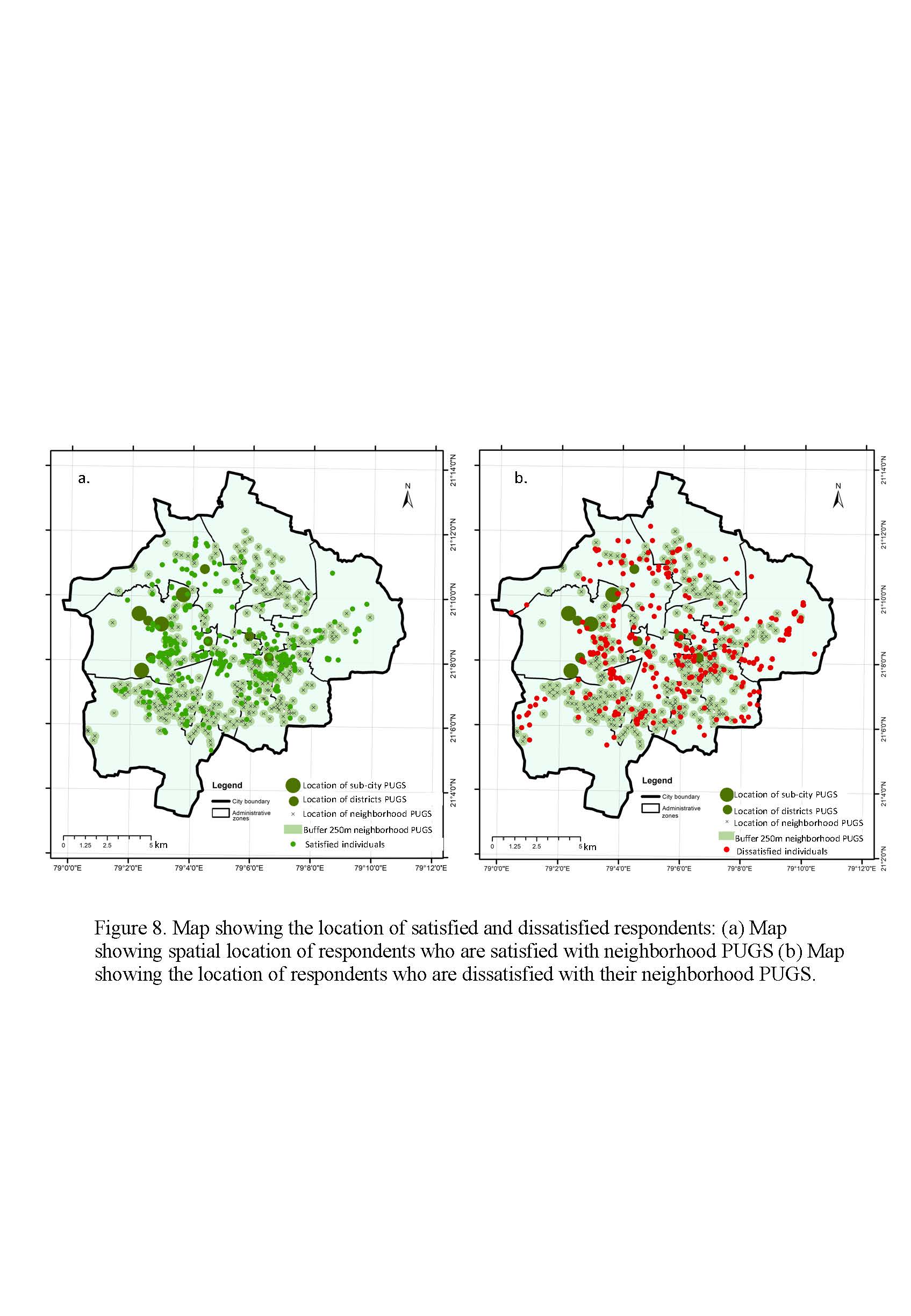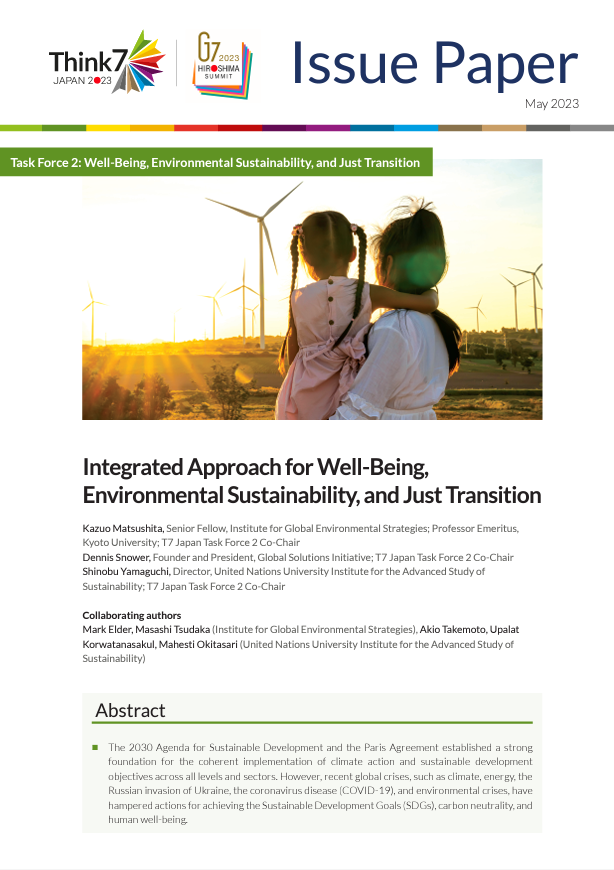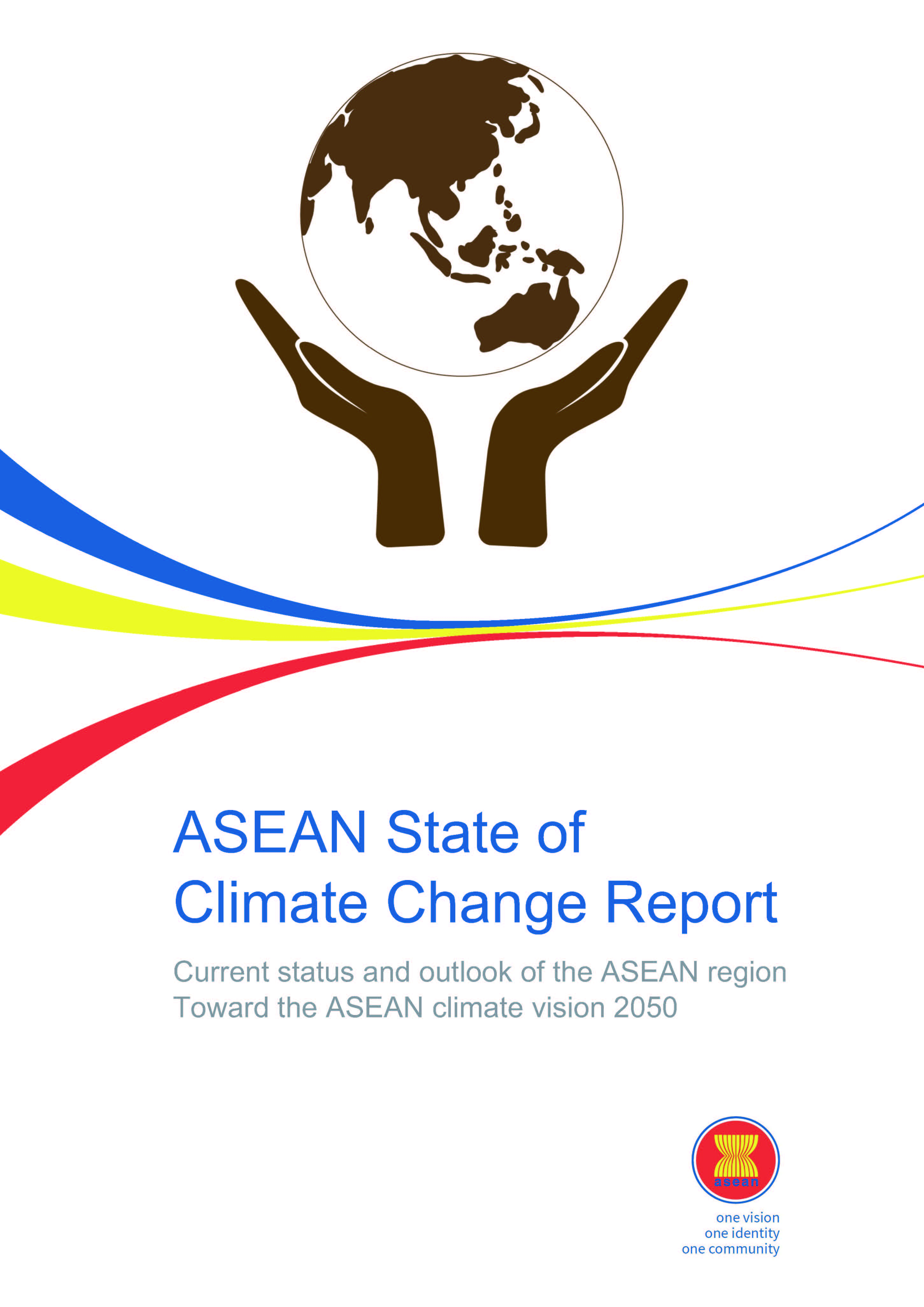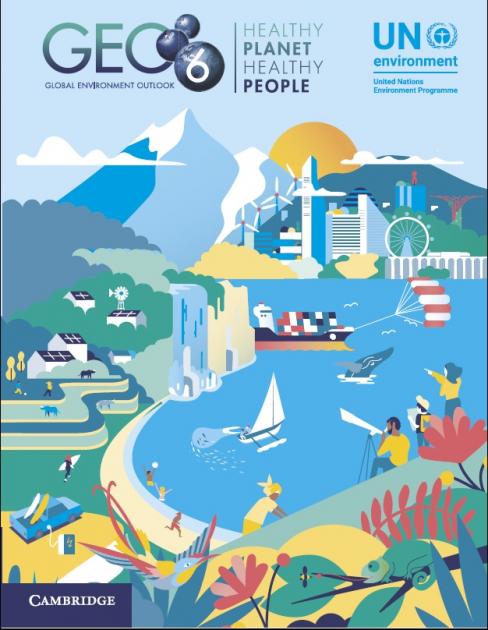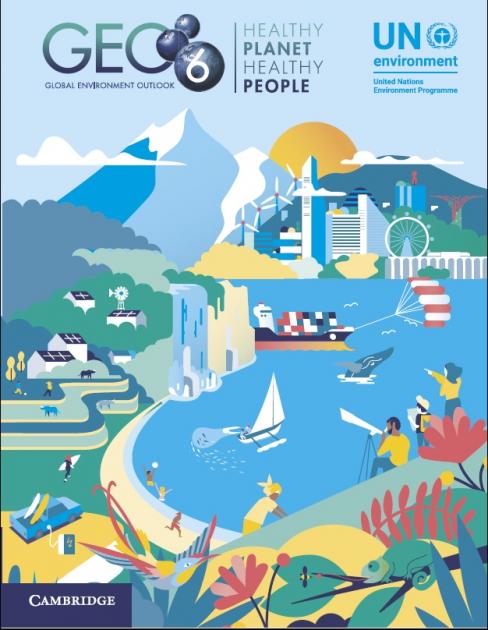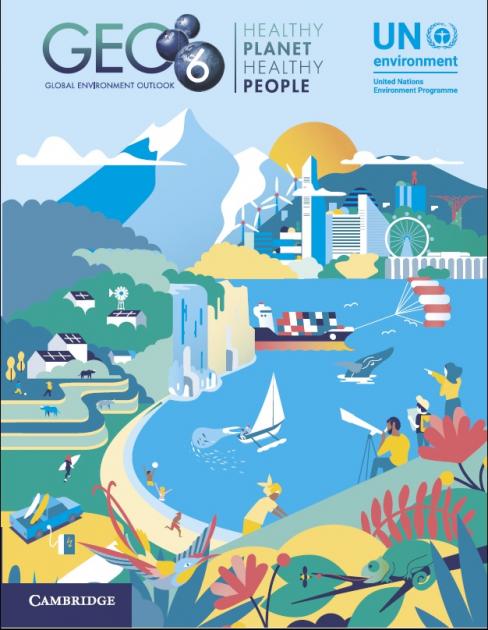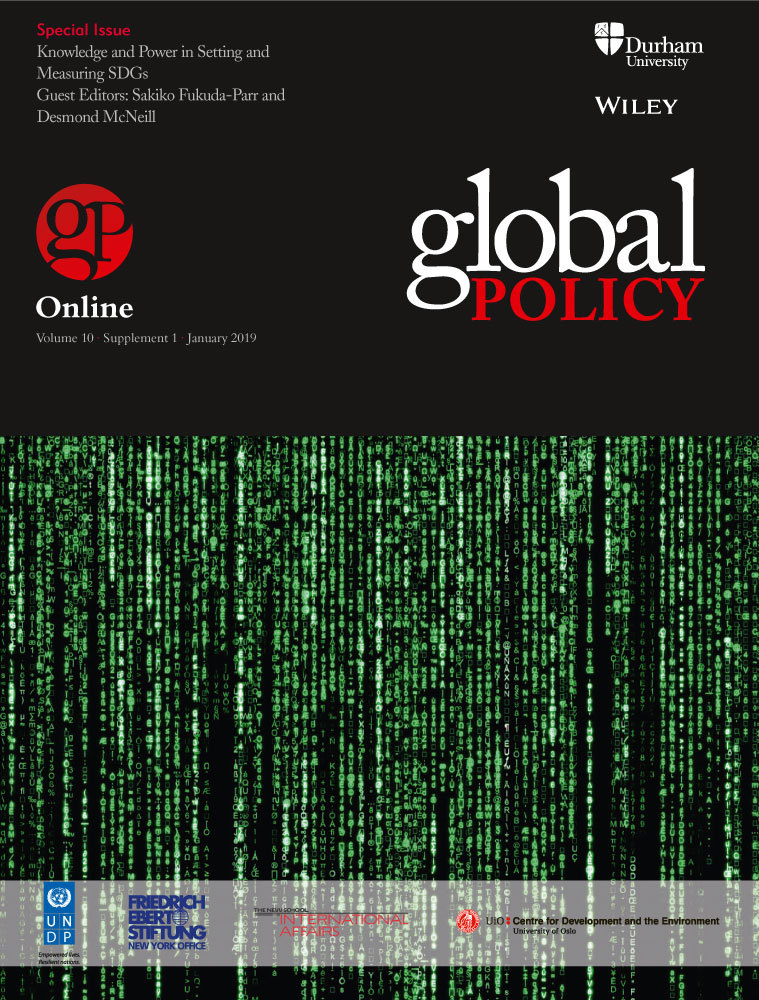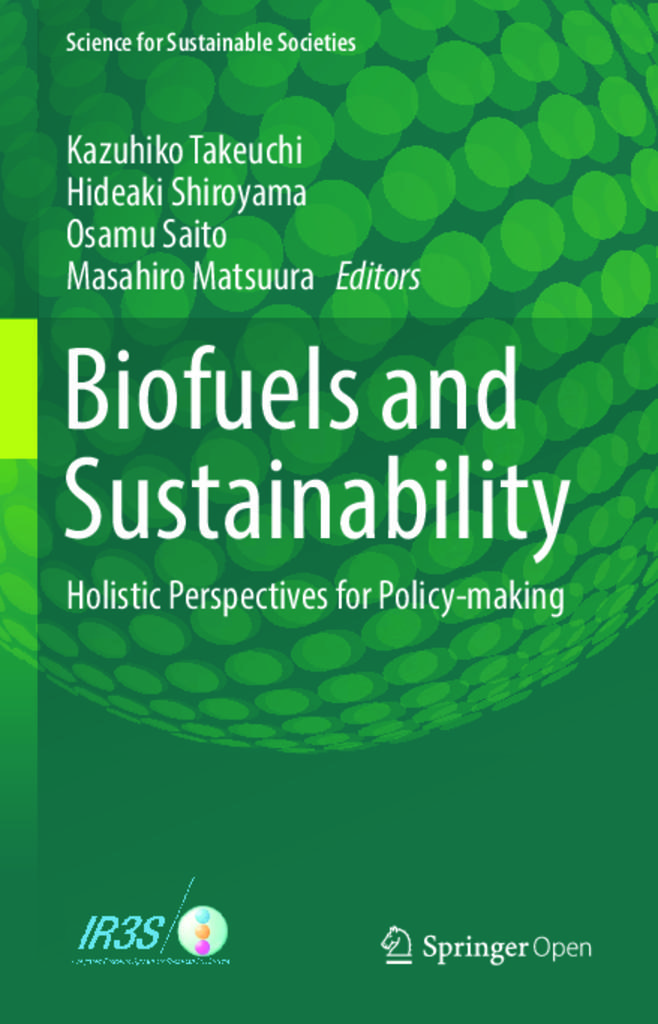In Land
In rapidly expanding Indian cities, the current provisions for public urban green spaces (PUGS) falls below the minimum standards recommended by the WHO, linked with the well-being of urban dwellers. The local authorities are struggling to fulfill the supply side gap, with a disparity in PUGS provisions. Currently, the provisions focus on...

